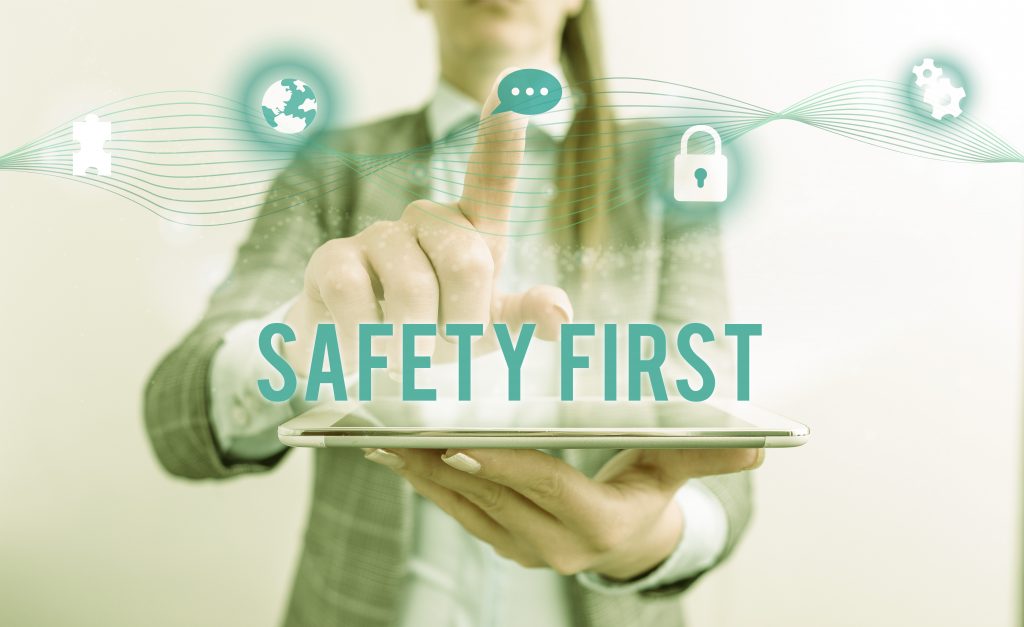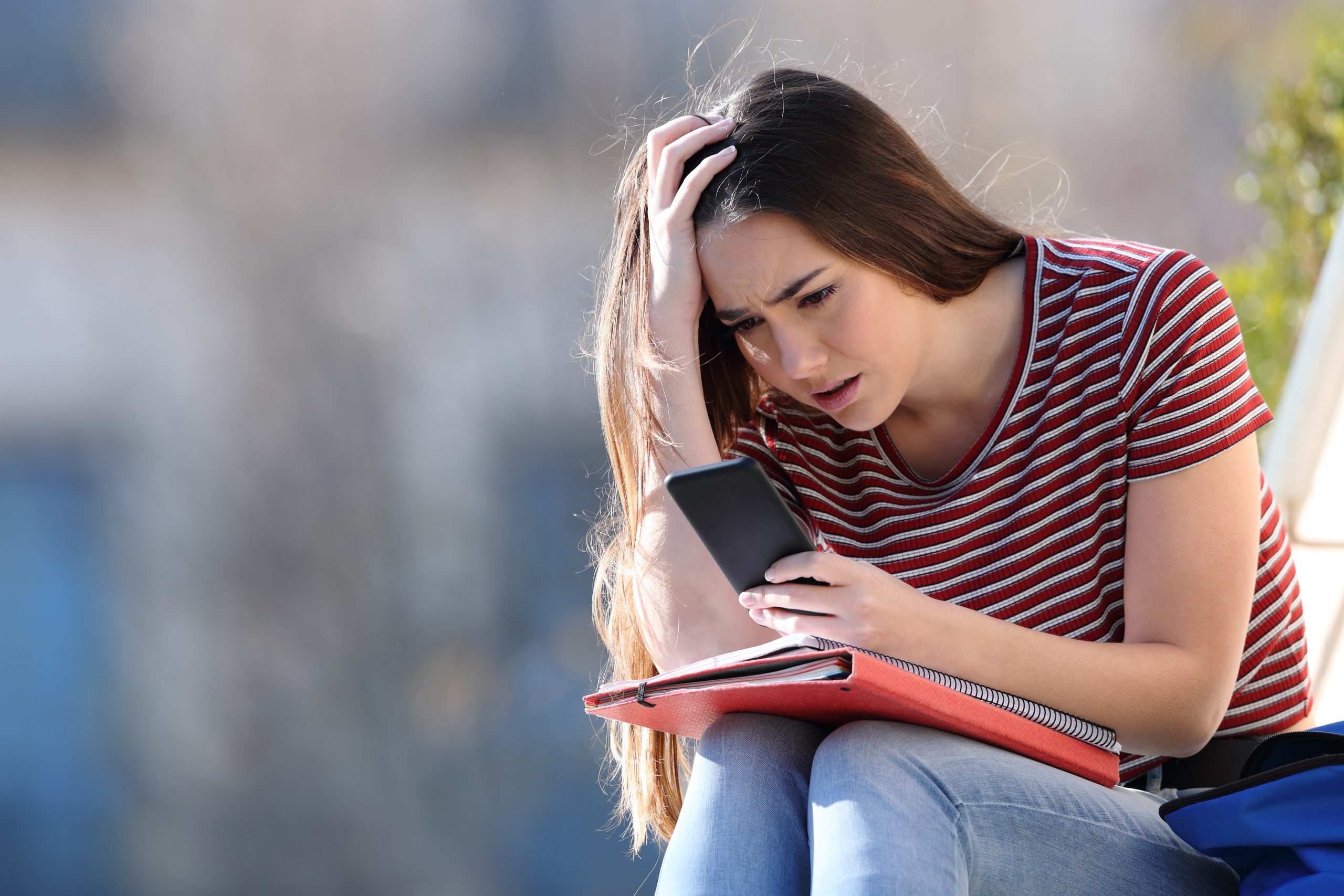Content Warning: online harassment, blackmail, suicide
I’m always saddened when I learn that someone has experienced the death of a child because I’ve been there. I know what that gut-wrenching, heart-stopping pain feels like and how, in an instant, everything in your life changes. I know what it feels like to yearn for just one more hug, to think about what could have been, and to be stopped in your tracks when a certain song plays on the radio or you start a sentence and catch yourself.

That’s why the pain I’ve felt – and the anger – hasn’t subsided since I read on Monday why Riley Basford died by suicide on March 30th. Riley was a 15-year-old who, according to his obituary, had an infectious smile and loved to hunt, enjoyed fishing, and “could rock a mullet like no other”. According to his father, Riley’s death was the result of being pressured and threatened and embarrassed and scared. He claims Riley was backed into a corner and made a horrible decision after the person Riley thought was an attractive girl on Facebook threatened to share personal pictures with his friends, family, and social media if he failed to pay $3,500 via an app.

Unfortunately, this situation is one that is stuck on repeat. News reports are filled with stories of social media and its negative impact on our lives. Cyberbullies and scam artists come in all shapes and sizes, and international boundaries and firewalls offer only minimal protection. It’s difficult sometimes to distinguish those who are genuine from those who aren’t who they say they are, and the Internet’s 24-hour availability means that one can go to sleep with one public image and wake up with another.
At the same time, there is much good that can be attributed to social media. Virtual communities have helped us stay in touch with one another during the pandemic, for example, and can be used to share ideas, find our voices, and come together to do good, which is what I’d like to challenge you to do today because we need to stop what happened to Riley from happening again.

I’m not going to say this is going to be easy or that we’ll be able to change things overnight, but we need to try. We need to educate our youth and others and be understanding and compassionate toward those who are victims. We need to acknowledge that it’s okay to take a break from or not use social media (and re-think it being a requirement for interaction at work and in our personal lives). When we use social media, we need to consider how others might view or react to our posts. We also need to report incidents when they occur so that, if there is a chance the perpetrator of a crime can be caught, they will.
As you go about your activities, please don’t just think about what you can do to make the Internet and social media a little safer. Act.
If you see something, say something.
If you’re a parent, talk to your children and teach them about social media, including what they should and shouldn’t post, and who they should share personal information and photos with online or via text messages. Create rules for appropriate use but also allow space for tough conversations, should they be necessary.
If you’re a child, teen, or adult, and you’re a victim, reach out for assistance, especially if you are having thoughts of harming yourself. Free and confidential help is available 24/7 by calling 1-800-273-8255.


